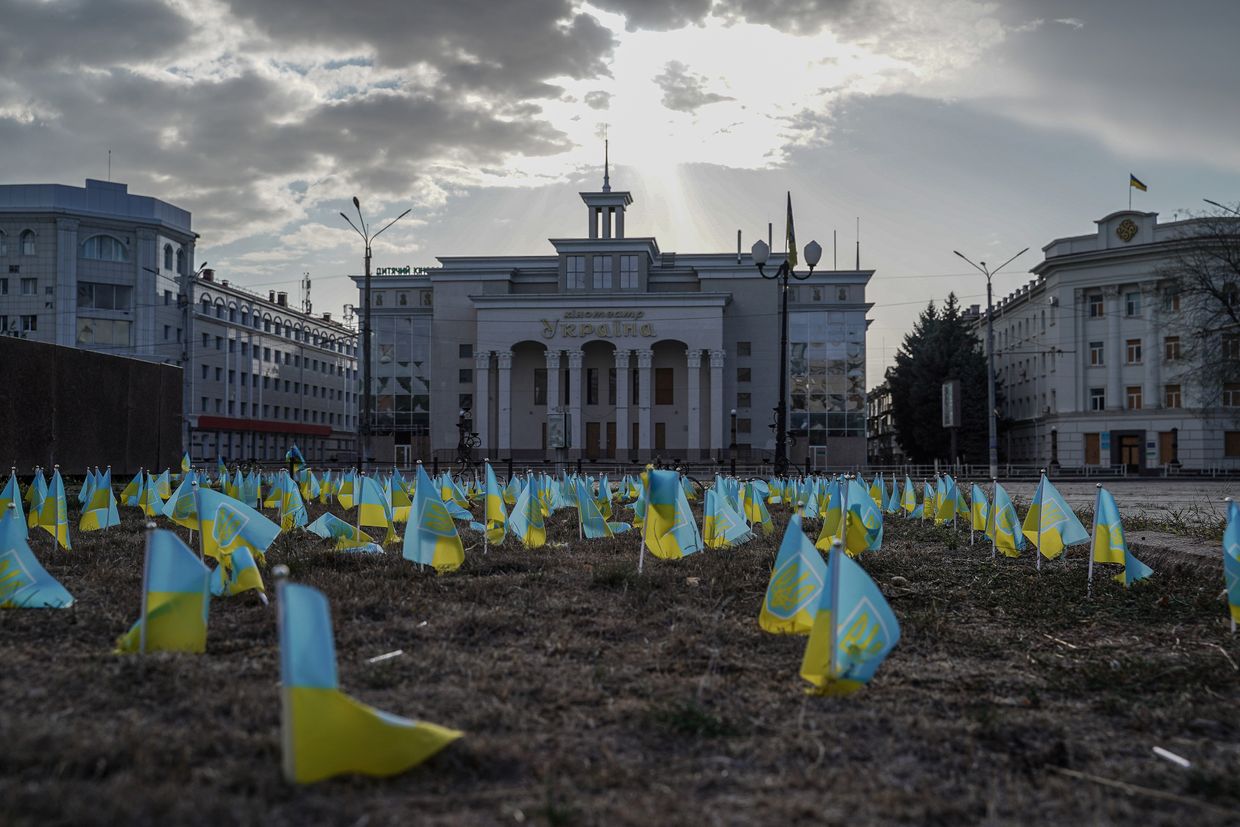‘This is a murder’ – Zelensky rebukes Trump for calling deadly Sumy strike a mistake

President Volodymyr Zelensky reacted on April 17 to U.S. President Donald Trump’s characterization of a deadly Russian missile strike on Sumy as a “mistake,” pointing to the deliberate nature of the strike that killed at least 35 civilians.
Zelensky made the comment after being asked about Trump’s remarks during a press conference in Kyiv.
“Excuse me, but this is a murder. This strike went to the (city) center, it did not go to the front line,” he said. “We cannot find excuses when you hit the city center with missiles, not (with) just one (missile), and if it's not just one (missile), it's not a mistake.”
Russia launched two ballistic missiles at Sumy on the morning of Palm Sunday on April 13, killing at least 35 people, including two children, and injuring at least 117 others. The strike, which hit civilian infrastructure in the city center, was one of the deadliest in recent months. Trump called the missile strike on Sumy “terrible,” but suggested it was a “mistake.”
Zelensky also reacted to the comments made by U.S. Secretary of State Marco Rubio, who publicly condemned the strike. “There was a reaction from Secretary of State Rubio, and his reaction was clear. He condemned it, and we are grateful for this reaction,” Zelensky said.
“More serious condemnation came from many of our other partners who spoke clearly about who the Russians are after such actions.”
Zelensky also noted what he described as a “softer” tone from the U.S. administration and broader political establishment toward Russia. “I believe this softer reaction reflects a continuation of the current U.S. policy. They seem to think that this kind of diplomacy will help end the war,” he said. “That’s how I interpret it.”
The U.S. informed fellow G7 members that it would not support a joint statement condemning Russia’s missile strike on Sumy, Bloomberg reported on April 15, citing unnamed sources.
The Trump administration had also earlier blocked a proposed G7 statement marking the third anniversary of Russia’s full-scale invasion and vetoed a plan to establish a task force to monitor Russia’s “shadow fleet” of oil tankers. In addition, Washington declined to back resolutions condemning Russian aggression at the United Nations and the World Trade Organization.
While Trump has pledged to broker a ceasefire between Ukraine and Russia, his peace effort has stalled as Moscow continues to reject the proposed 30-day complete truce supported by both the U.S. and Ukraine. So far, Trump has not increased pressure on Moscow.











